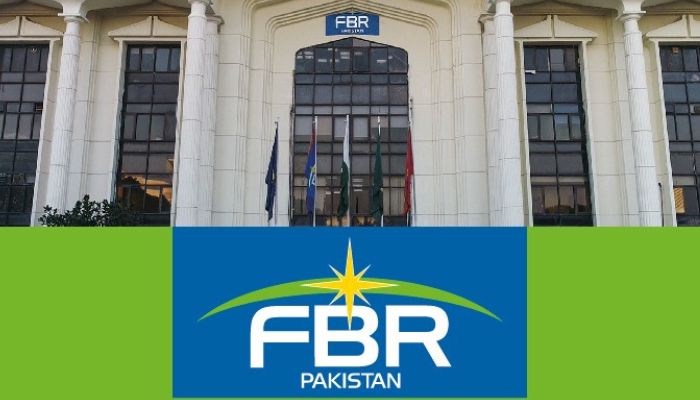FBR Grapples with Track and Trace Implementation Challenges in Tobacco Sector

The Federal Board of Revenue (FBR) is encountering a complex situation in its endeavors to roll out a track-and-trace system for tobacco products, as indicated by industry insiders on Saturday. While major players like Pakistan Tobacco Company (PTC) and Philip Morris are on board, compliance among smaller manufacturers remains uneven, posing challenges for the FBR's ambitious initiative.
PTC has successfully integrated the system across an impressive 19 production lines, PMI across 7, CM Tobacco Industries across 4, and Khyber Tobacco Company across 9. However, some notable manufacturers, including Civil Tobacco, Frontier Leaf Tobacco, Falcon Cigarettes Industry, Indus Tobacco Company, and Maneri Tobacco International, have only implemented it on a single production line each. This discrepancy raises concerns about the overall effectiveness of the track-and-trace system, which is crucial for combatting tax evasion and curbing illicit trade in the tobacco sector.
Various manufacturers have cited technical and financial difficulties as reasons for their limited implementation, underscoring potential hurdles in the successful execution of the track-and-trace system. This system, relying on barcodes, unique identification numbers, and a central monitoring system, aims to meticulously trace tobacco products from the point of production to their sale. The FBR, tasked with collecting diverse taxes, is grappling with the challenge of monitoring and tracing goods within Pakistan, leading to substantial revenue losses.
Although the track-and-trace system is intended to cover not only tobacco but also sugar, fertilizer, and cement, concerns persist regarding its unique implementation challenges within Pakistan's illicit tobacco trade. Skepticism looms among industry observers, especially with the FBR setting a stringent deadline for full implementation by December 2023.
Industry experts stress that strict actions against non-compliant manufacturers, comprehensive enforcement measures, and collaboration with key stakeholders such as the Inland Revenue Enforcement Network (IREN), customs, and law enforcement agencies are essential for the success of the system. The partial implementation across the industry underscores the hurdles in tackling tax evasion and illicit trade in Pakistan's tobacco sector. Drawing insights from successful implementations in other countries, the viability of Pakistan's system hinges on addressing existing gaps and ensuring robust enforcement.








